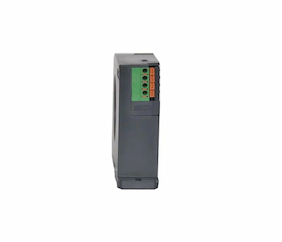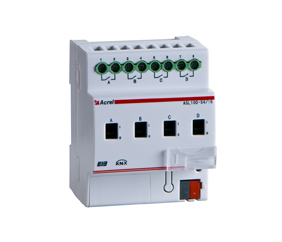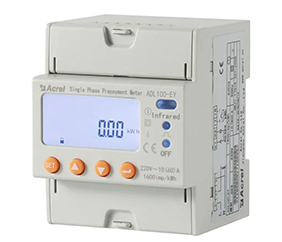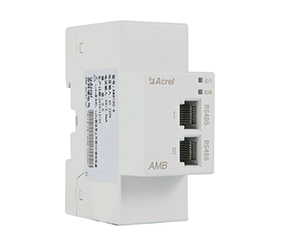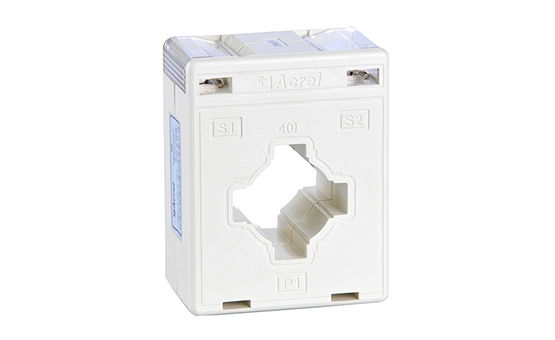
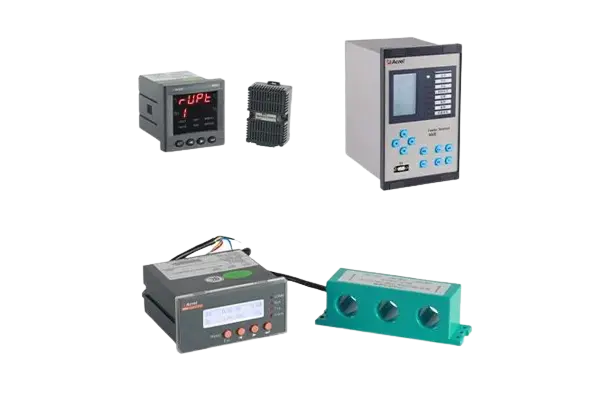
In critical environments such as hospitals, laboratories, data centers, and industrial facilities, ensuring electrical safety is of paramount importance. Any electrical malfunction or fault can have severe consequences, including damage to equipment, data loss, and even threats to human life. This is where Isolated Power Distribution (IPD) systems play a crucial role. In this article, we will delve into the significance of IPD in maintaining electrical safety in critical environments.
Before we explore the advantages of IPD, let's clarify what an Isolated Power Distribution system is. At its core, IPD is a specialized electrical system designed to enhance safety by isolating individual electrical circuits from the ground and from one another. This isolation prevents faults from propagating and minimizes the risk of electrical shock, fires, and equipment damage.
One of the most critical benefits of IPD is its ability to mitigate the risks associated with ground faults. In a conventional electrical system, a single ground fault can disrupt multiple circuits and increase the potential for electrical shock. In contrast, an IPD system confines the fault to the affected circuit, preventing it from affecting others. This immediate isolation significantly reduces the danger posed by ground faults.
Critical environments often house expensive and sensitive equipment. In the event of an electrical fault, this equipment can be damaged or destroyed, resulting in substantial financial losses. IPD systems safeguard equipment by limiting the extent of damage to the affected circuit, ensuring that the rest of the facility remains operational.
In environments where continuous operation is vital, such as hospitals and data centers, even momentary power interruptions can be catastrophic. IPD systems excel in minimizing downtime. When a fault occurs, only the isolated circuit is affected, allowing the remaining systems to continue functioning uninterrupted. This capability is essential for maintaining patient care, data integrity, and industrial processes.
Various industries have stringent safety standards and regulations in place to protect personnel, equipment, and the environment. IPD systems are designed to meet these standards, making it easier for facilities to comply with regulatory requirements. This proactive approach to safety helps organizations avoid potential legal and financial consequences associated with non-compliance.
The implementation of an IPD system involves careful planning and engineering to ensure it meets the specific needs of the environment. Detailed fault monitoring, regular inspections, and maintenance are essential components of an effective IPD strategy.
In conclusion, Isolated Power Distribution systems are indispensable for ensuring electrical safety in critical environments. Their ability to isolate faults, protect equipment, minimize downtime, and facilitate compliance with safety standards makes them a valuable investment. By adopting IPD, organizations demonstrate their commitment to safeguarding lives, assets, and critical operations in environments where electrical reliability is non-negotiable.
 English
English 日本語
日本語 한국어
한국어 français
français Deutsch
Deutsch Español
Español italiano
italiano русский
русский português
português العربية
العربية tiếng việt
tiếng việt Türkçe
Türkçe